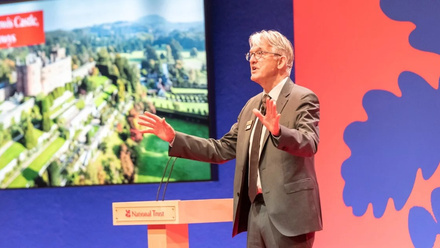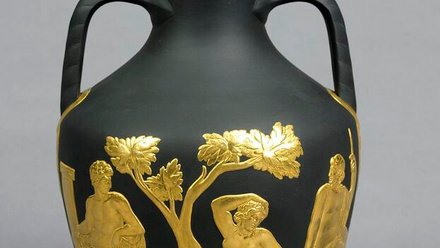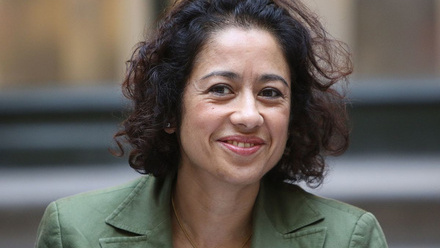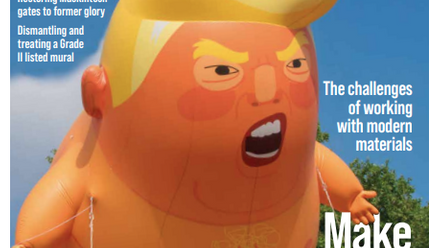This month, Icon presented the first ever Marsh Awards for Conservation and Restoration of Objects and Collections, in partnership with the Marsh Charitable Trust.
We chatted with Mary Evans, winner of the Conservation in Action Award, about her winning project.
Marsh Award: Conservation in Action
Winner: Mary Evans, Icon Pathway member
Project role: Volunteer Conservation Lead and Training Coordinator
Project outline: First large-scale condition survey of a 300-year-old collection, library and archive owned by Spalding Gentlemen’s Society
What does it mean to you to win this award?
I consider winning this award to be a great honour. I am an emerging conservator, working towards Icon Accreditation and never expected anything like this to happen in my career.
You volunteered to coordinate a team of volunteers to conserve and safely store the collection at the Spalding Gentlemen’s Society, while inspiring visitors to engage with it. Talk us through your winning project.
The Spalding Gentlemen’s Society is the oldest provincial learned society in the country. It retained its name even when women became members from 2007.
Its collection is a very eclectic mix of some 15,000 objects with a library collection of over 30,000 books, maps and periodicals (see more at see sgsoc.org). The collection varies from exquisite jade carvings to a commemorative ball pen from the local high school; from a sedan chair to a Roman shoe; from fossils to 5,000 seals and impressions. I think of the collection as being like one giant cabinet of curiosities.
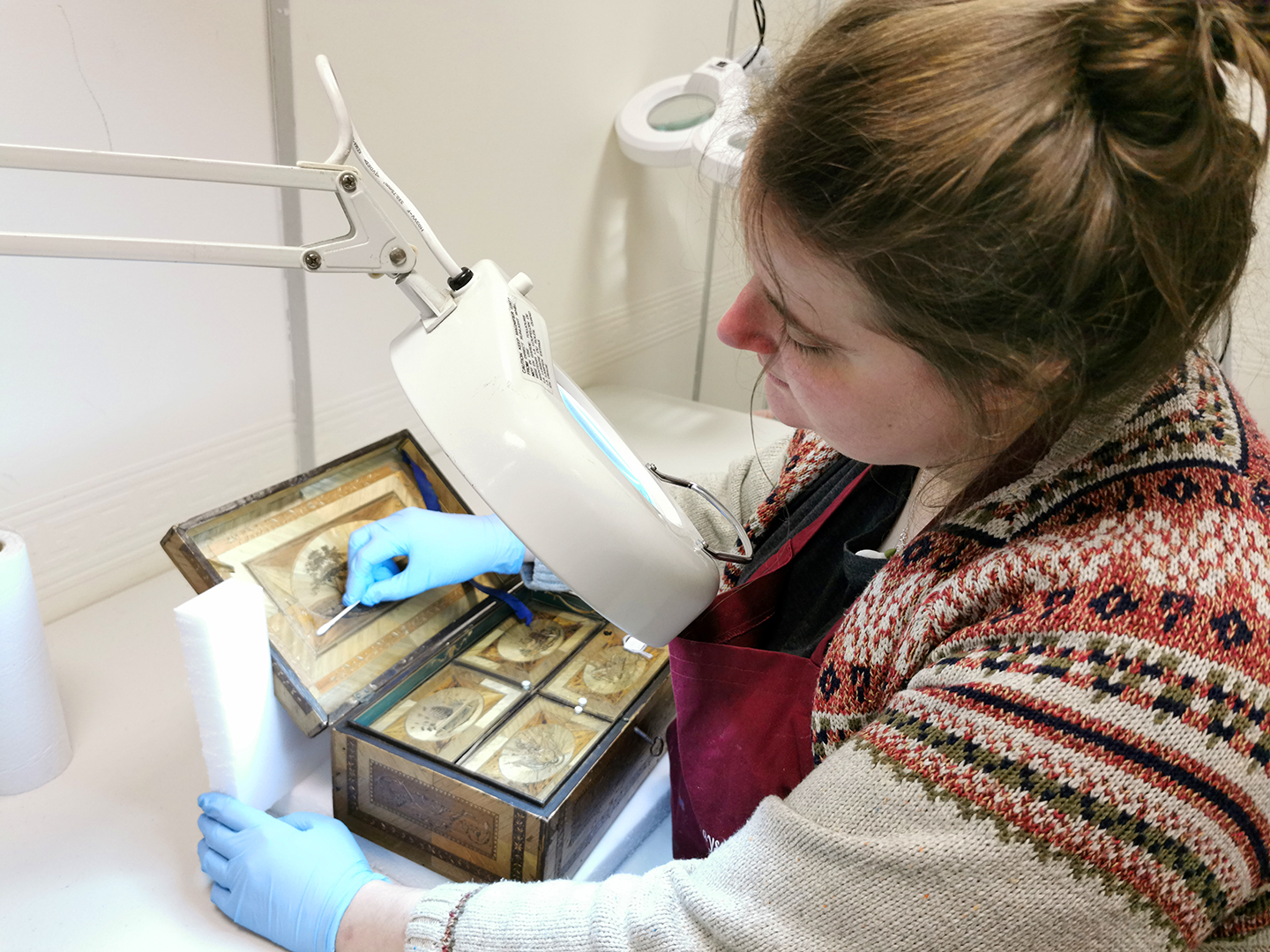
The collection resided in a number of locations from its founding in 1710 until it moved to its current home in 1910, where it remained virtually untouched until 2020.
The acquisition of additional storage space has allowed the development of conservation and engagement projects and we have the vision of a local museum that will be a national centre for study the enlightenment and a great asset and source of pride for our small market town in rural Lincolnshire.
I think of the collection as being like one giant cabinet of curiosities.
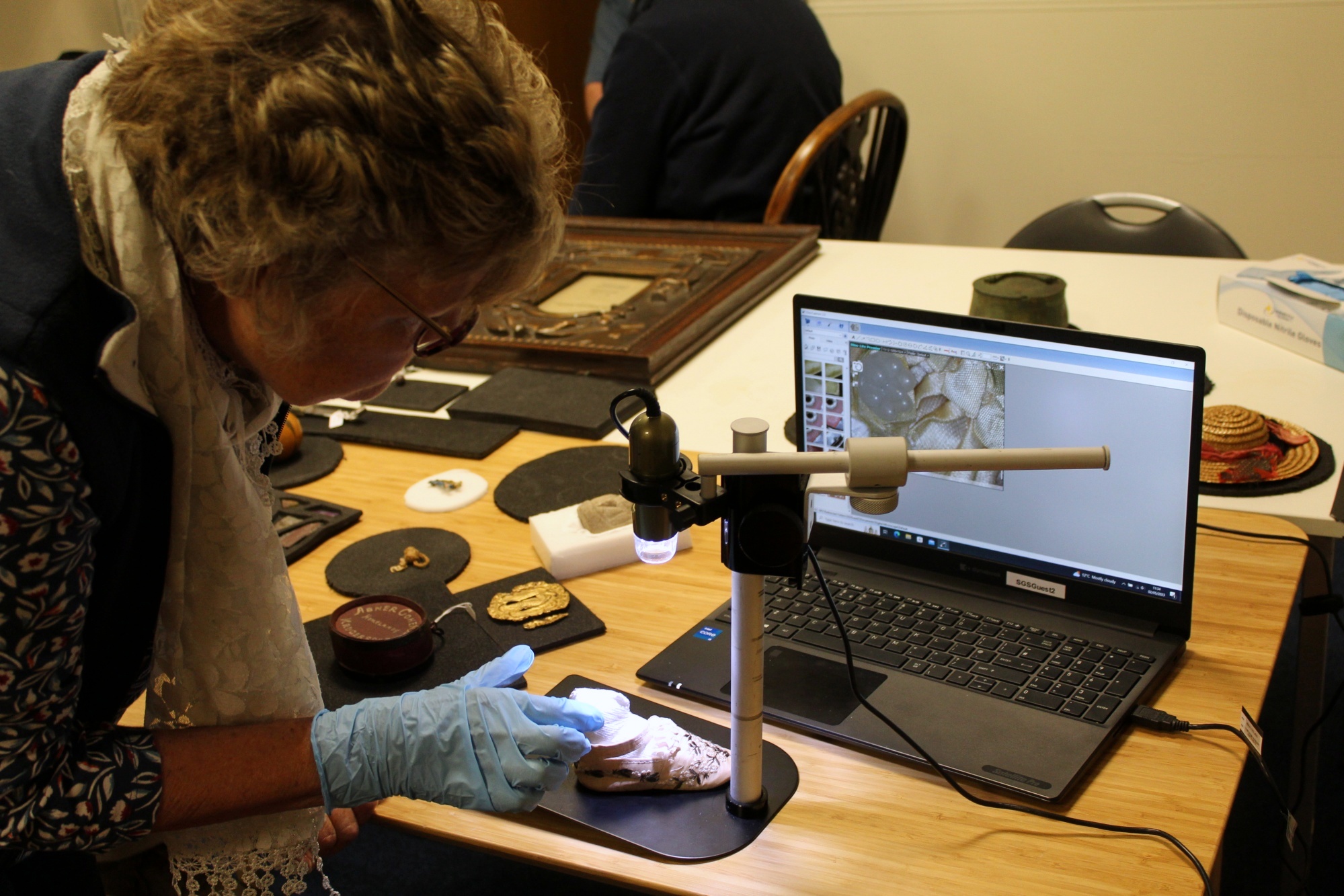
I have been a volunteer for the society since my second year at university (2015). From this time I would attend our monthly Sunday Opening and local community events where I would showcase conservation in action.
With the acquisition of additional storage space in 2020, there was now the impetus for development of volunteer engagement to assist in the conservation and storage of the collection, along with the focus for more community engagement and the full time opening of the museum from 2023. As my paid employment is part time, I have been able to offer my time and skills to the museum for at least 1.5 days a week.
None of the volunteers you worked with had a conservation or museum background. What inspired you to share your knowledge, and what did you learn from working with them?
The society is volunteer-led (from 2023 we have one paid member of staff who is curatorial and administrative). It would be impossible for one person to do the conservation and collection care that is required. Initially the conservation volunteers were society members who were asked if they would like to join a conservation team, now this base has expanded beyond our membership.
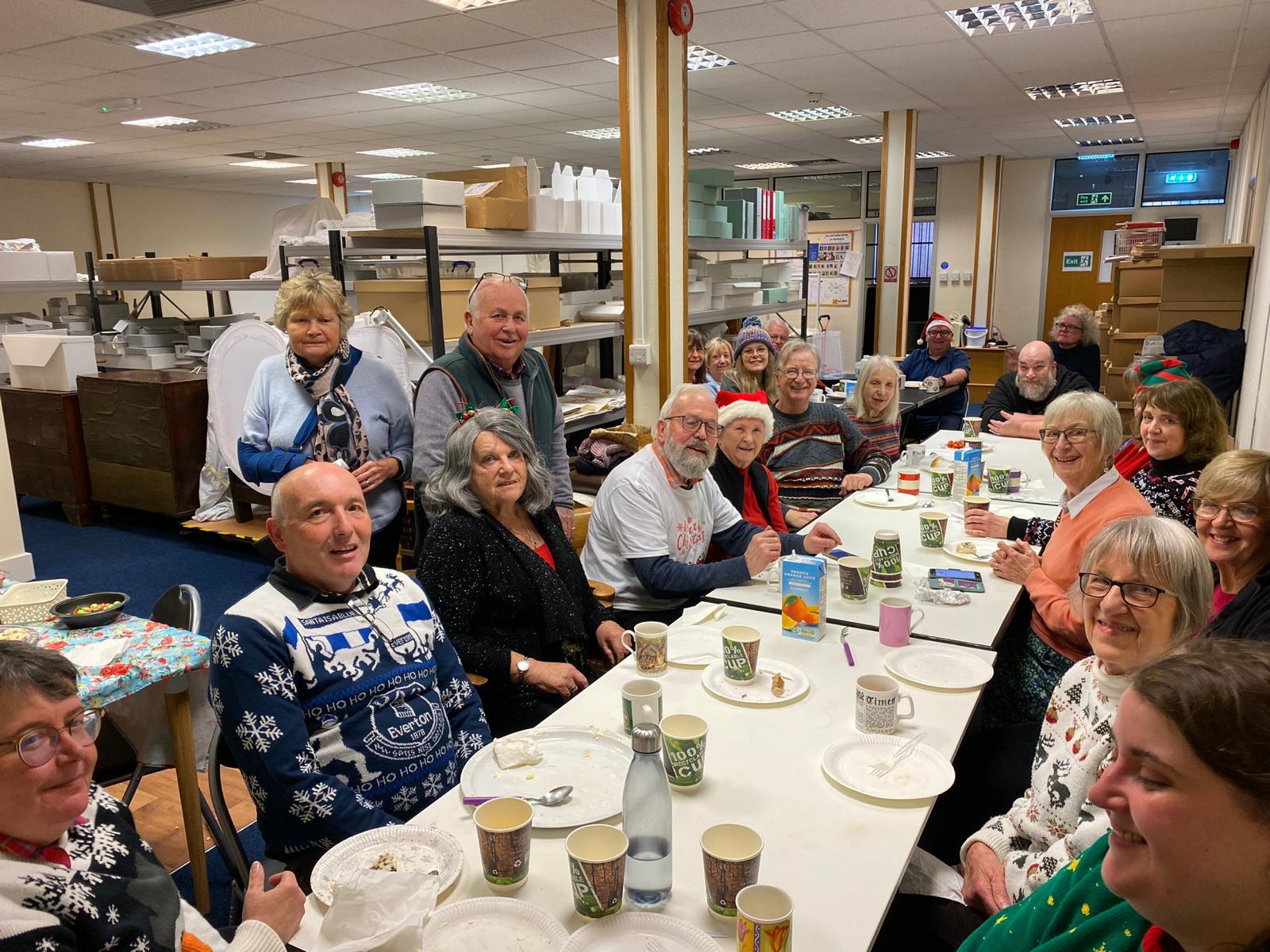
The age range is now from 16-90. We now have 30 volunteers on the books (still growing), with a huge variety of skills and backgrounds. I have been inspired to share my skills by a group that has a huge desire to learn. It is a privilege to work with them all and I have learnt from all my volunteers. I especially admire their ability to problem solve. For example one former engineer was able, in a week, to produce a tool for more efficiently making cavity mounts for our seal collection which saved time and money.
What are some of the ways in which you encouraged your audience to learn about conservation?
I am young in my career, and am a natural introvert. I have had to come out of my comfort zone and develop tools, resources and training programmes for the volunteers, which has been challenging because I am very dyslexic.
To help the volunteers, I have used strategies that help me in other aspects of my career as a conservator, for example, colour coding of tools, traffic lights for object conditions and visual aids such as having printed photographs on boxes. The volunteers have said that these have assisted them in learning conservation skills. I have encouraged the volunteers to lead their training, as well as their training being object-led.
I have recently further developed the societies Instagram account @sgs1732 and posting about our conservation has increased interest amongst a much wider audience.
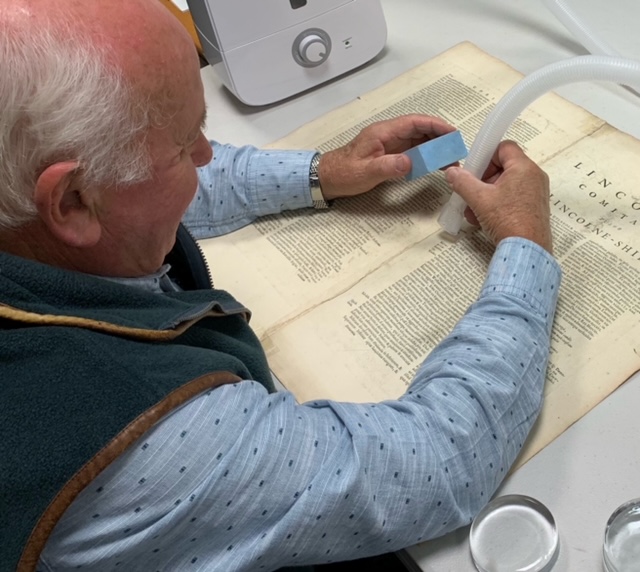
Why do you think it’s important to share the value of conservation with the public?
Conservation and objects can be an amazingly therapeutic tool. We have volunteers who have stated that being part of the team has really helped with their mental health and recovery from serious illness and unemployment.
Sharing the successes of the team with the wider community has also led to an increase in footfall for the museum and the development of further grant applications.
I hope and aim to move the collection forward whilst keeping the uniqueness and soul of the collection and the many stories that they tell. It is vital that the collection is conserved and preserved for future generations. I am privileged to work with a great team of volunteers and to be part of this process.

